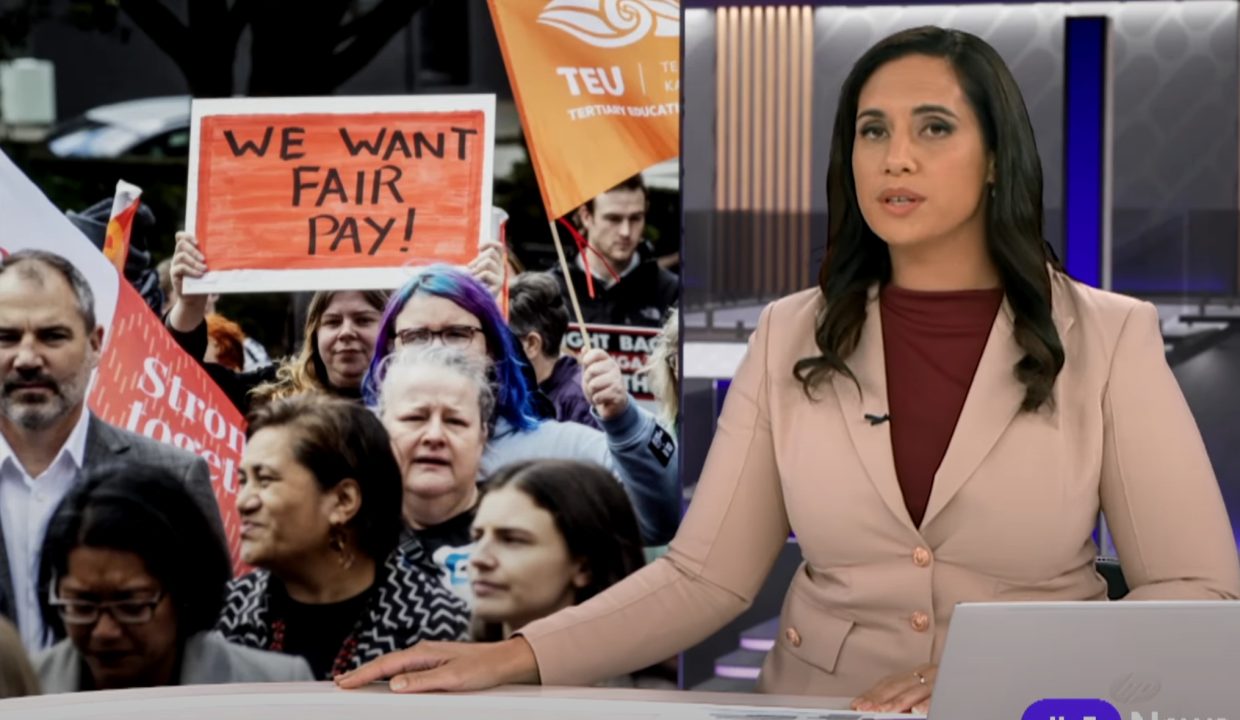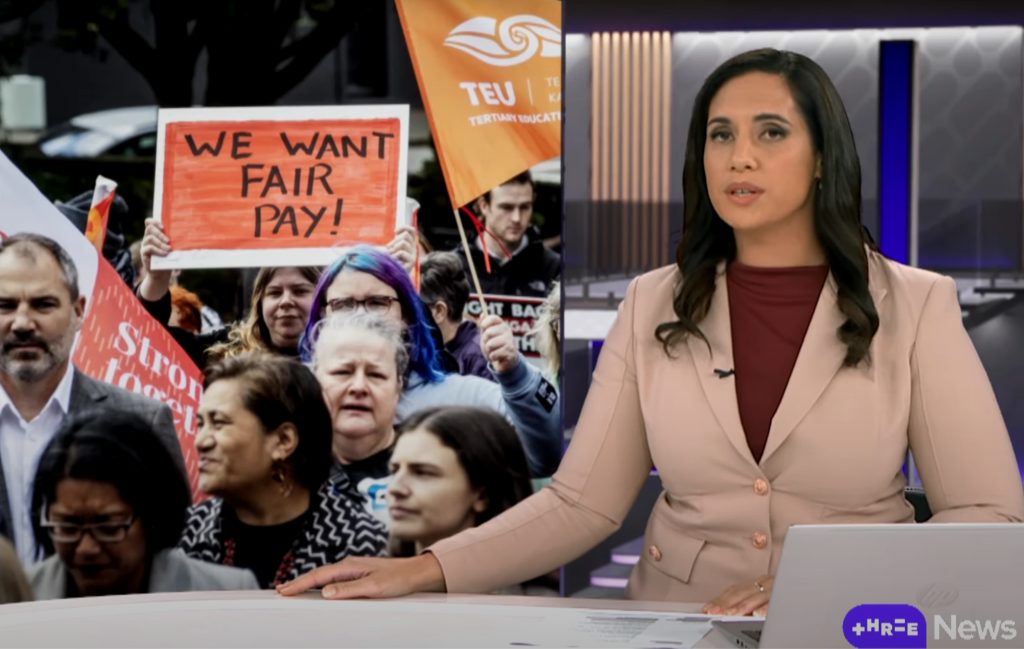
공공 vs 민간 임금 격차 심화… “동일 업무, 다른 보수” 갈등 고조
Widening Wage Divide: Public Sector Outpaces Private, Igniting Fairness Dispute
Public Workers Earn $10 More Per Hour Than Private Counterparts—What’s Driving the Gap?
New Zealand’s public sector workers are earning an average of $10 more per hour than their private sector peers, fueling heated debates over wage fairness. Experts point to large-scale pay agreements in healthcare and education as key drivers of the disparity.
According to Statistics New Zealand (Stats NZ), the average hourly wage in the private sector stood at $40.39 in 2024, while public sector workers earned $50.65—a striking 25% difference. Annual wage growth also diverged, with public sector pay rising 4.5% compared to just 3% in the private sector.
The surge in public sector wages is particularly pronounced in healthcare and social welfare, where pay rose 7.1% compared to 5.5% in the private sector. Brad Olsen, chief executive of Infometrics, noted, “Major pay agreements in healthcare and education have significantly boosted public sector wages, reflecting efforts to address labor shortages and retain talent.”
Private Sector Struggles to Keep Up
The rapid rise in public sector pay is placing strain on private organizations, particularly those partially funded by the government. Katherine Rich, head of Business NZ, warned, “Private service providers are struggling to match public sector salaries, leading to staff shortages, strikes, and service disruptions.”
In response, the New Zealand government has tightened criteria for pay equity claims, halting 33 ongoing cases. The move signals concerns that excessive wage hikes in the public sector are skewing the labor market.
Government May Slow Wage Growth
Analysts predict the government will seek to curb public sector wage increases to ease budget pressures. Olsen suggested, “With personnel costs soaring in recent years, the government is likely to adopt a more measured approach to future pay rises.”
As tensions mount over the public-private wage gap, attention is turning to how the government will balance fairness with budgetary constraints in its next steps.

공공 vs 민간 임금 격차 심화… “동일 업무, 다른 보수” 갈등 고조
시간당 10달러 이상 벌어진 공공·민간 급여, 원인은?
뉴질랜드 공공부문 근로자들이 민간부문보다 시간당 평균 10달러 높은 임금을 받는 것으로 나타나며, 임금 형평성 논란이 불거지고 있다. 전문가들은 보건·교육 분야의 대규모 임금 협약이 주요 원인이라고 분석한다.
뉴질랜드 통계청(Stats NZ) 자료에 따르면, 2024년 기준 민간부문 평균 시급은 40.39달러, 공공부문은 50.65달러로 약 25% 높은 수준이다. 연간 임금 상승률도 공공부문은 4.5%로 민간부문(3%)을 상회했다.
특히 공공 보건·사회복지 분야의 임금 상승률은 7.1%로, 민간부문(5.5%)보다 두드러졌다. 인포메트릭스(Infometrics)의 브래드 올슨 대표는 “보건·교육 분야의 대규모 임금 협약이 공공부문 평균 시급을 크게 끌어올렸다”며 “이는 노동력 부족과 인력 유출 방지를 위한 조치로 보인다”고 설명했다.
민간 부문 “급여 경쟁력 상실” 호소
공공부문의 급여 인상이 민간 서비스 기관에 부담으로 작용하고 있다는 지적도 나온다. 비즈니스 NZ의 캐서린 리치 대표는 “정부 지원을 받는 민간 기관들이 공공부문의 높은 급여를 따라가지 못해 인력난과 서비스 차질을 겪고 있다”고 비판했다. 일부 민간 기관은 직원 이탈과 파업으로 운영에 어려움을 겪고 있다.
이에 뉴질랜드 정부는 임금 형평성 청구 기준을 강화하며 33건의 진행 중이던 청구를 중단했다. 이는 공공부문 임금이 과도하게 상승했다는 우려에 따른 조치로 풀이된다.
정부, 임금 인상 속도 조절 나설까
전문가들은 정부가 공공부문 인건비 부담을 고려해 임금 인상 속도를 늦출 가능성을 제기한다. 올슨 대표는 “최근 공공부문 인건비가 급격히 증가해 예산 압박이 커지고 있다”며 “정부가 점진적인 조정을 시도할 것”이라고 전망했다.
공공과 민간 간 임금 격차로 인한 갈등이 심화되는 가운데, 정부의 향후 정책 방향에 이목이 집중되고 있다.
